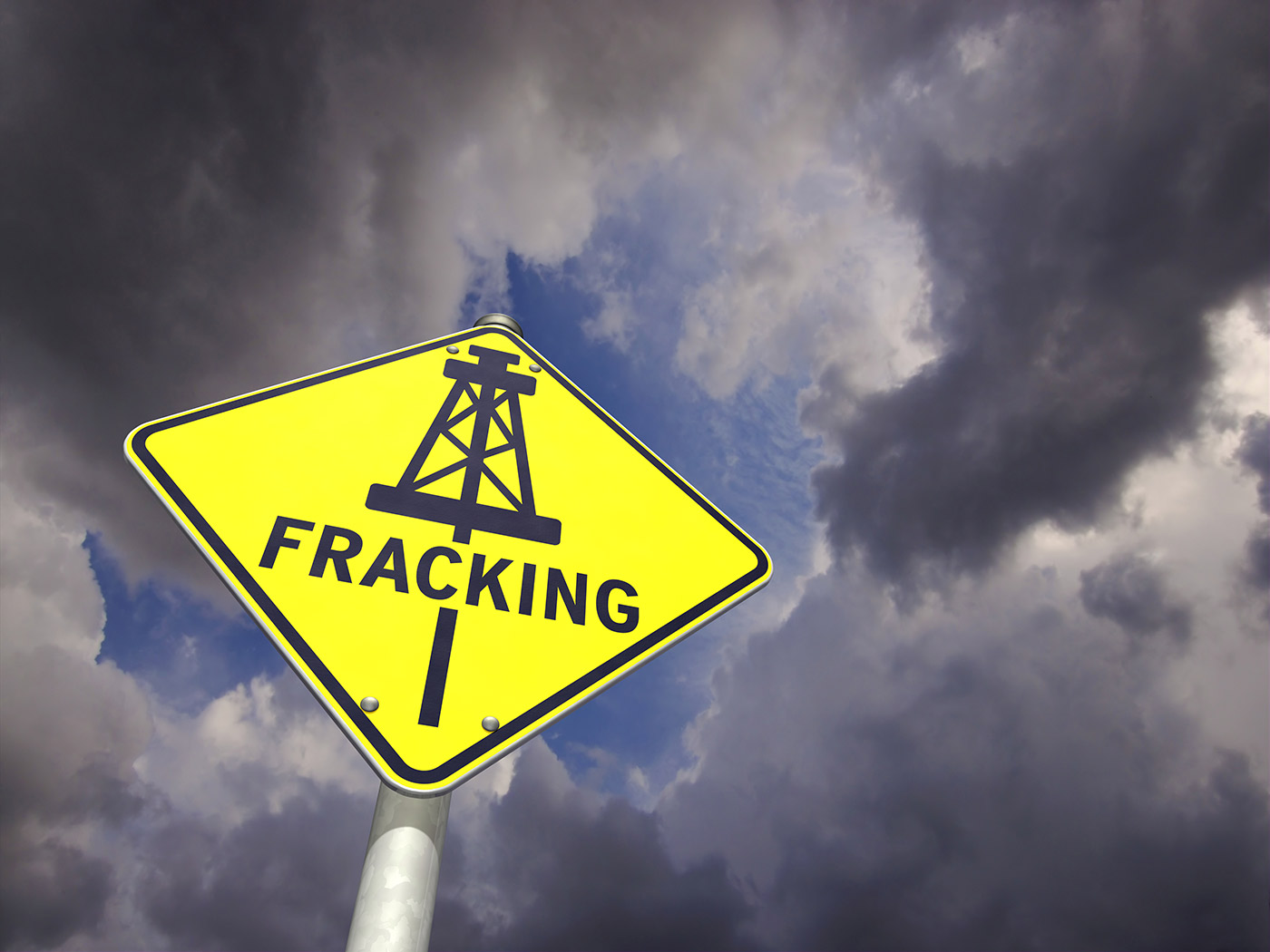
In 2005, Congress passed a bill (HR 6) that led to devastating consequences in poor rural counties throughout the country, including areas in Pennsylvania, North Dakota and Texas. Notably, the energy bill included an exemption from the Safe Drinking Water Act (SDWA), allowing hydraulic fracking to continue without federal oversight. That exemption, known as the Halliburton loophole – named after the company formerly run by then-Vice President Dick Cheney – was justified by an EPA study released under dubious political conditions.
The study, released in 2004, commenced in 2001, seeking to determine whether hydraulic fracking had contaminating effects on nearby water sources. The study concluded definitively that “the injection of hydraulic fracturing fluids into [coalbed methane] wells poses little or no threat to [underground sources of drinking water] and does not justify additional study at this time.”
Unsound Science
Since the release of the study, several officials have come forward, lambasting the report and, in one case, calling it “scientifically unsound.” Weston Wilson, an environmental engineer at the EPA, blew the proverbial whistle on the agency in a letter sent to legislators representing his home state, Colorado. In the letter, Wilson asserted that “the EPA’s failure to regulate the injection of fluids for hydraulic fracturing of coal bed methane reservoirs appears to be improper under the [SDWA] and may result in danger to public health and safety.” In addition, he noted that the Peer Review Panel overseeing the report comprised five members who had conflicts of interest and stood to benefit from the EPA’s lack of thorough inquiry. One person was an employee of Halliburton, a company that had been lobbying for a regulatory exemption for fracturing for years.
Then in 2011, Ben Grumbles, the former head of the EPA’s Office of Water, published an article saying the study never meant to preclude all hydraulic fracking regulations. “EPA, however never intended for the report to be interpreted as a perpetual clean bill of health for fracking or to justify a broad statutory exemption from any future regulation under the Safe Drinking Water Act,” he wrote.
Aggregate Effects
What are the effects of these potentially underhanded attempts to pass such risky legislation? Well, the EPA wasn’t exactly forthright in the years following the study. In 2008, ProPublica conducted an investigation finding that the EPA failed to report a plethora of contamination incidents and adverse events related to hydraulic fracking. On one occasion, according to the report, a house blew up due to methane seepage resulting from hydraulic fracking. Over 1,000 contamination events – in states like Colorado, Pennsylvania, Ohio, New Mexico and Alabama – were uncovered by the report. And to make matters more difficult, the make-up of fracturing fluids was a company secret, making it harder to determine the nature of the contaminations.
Individual Effects
One thousand cases might sound a tad abstract. But human lives hang in the balance. Take Bryan Latkanich, a resident of Washington County Pennsylvania. According to Inside Climate News, after years of personal, physical and financial trouble, Chevron Appalachia arrived at his door in 2011, offering what appeared at the time as a kind of divine intervention. Latkanich, $150,000 in debt due to a tough divorce and major surgery, felt he had no other option than to accept Chevron’s offer. The company more or less promised to make him a millionaire. Six years later, he has hardly reached the $150,000 goal and now his son may be suffering due to well contamination.
Three-year old Ryan began soiling himself and developed sores on his skin, leading Mr. Latkanich to wonder about contamination. The Department of Environmental Protection (DEP) came up with no contamination in its own tests. Another test conducted by John Stolz, of Duquesne University’s Center for Environmental Research and Education, found that the quantity of sodium doubled since the fracking began in 2011, shooting above the threshold set by the EPA.
Dissimulation
This wouldn’t be the first time the US government doctored a study for its own benefit. In fact, Cheney himself was known for such tactics. A CDC report on the public health effects of climate change was redacted due to a request from the former VP’s office. According to then-EPA official Jason K. Burnett, the White House thought testimony from the head of the CDC would impede the administration’s effort to curb environmental regulations. Burnett resigned, saying in a letter to Senator Barbara Boxer, “[N]o more productive work responding to the Supreme Court could be accomplished under this administration.”
The same holds true in the current political climate, as Trump and his cohorts in Congress seem hell-bent on eliminating all things regulatory, specifically focusing on environmental regulations. The administration has already taken aim at an Obama-era rule pertaining to fracking and specifically to the disclosure of fracturing chemicals.
In the following years, activists and environmental advocates have their work cut out for them. In the meantime, people like Mr. Latkanich and his son must suffer due to profit-seeking corporations and their cronies in office.



Leave a Comment